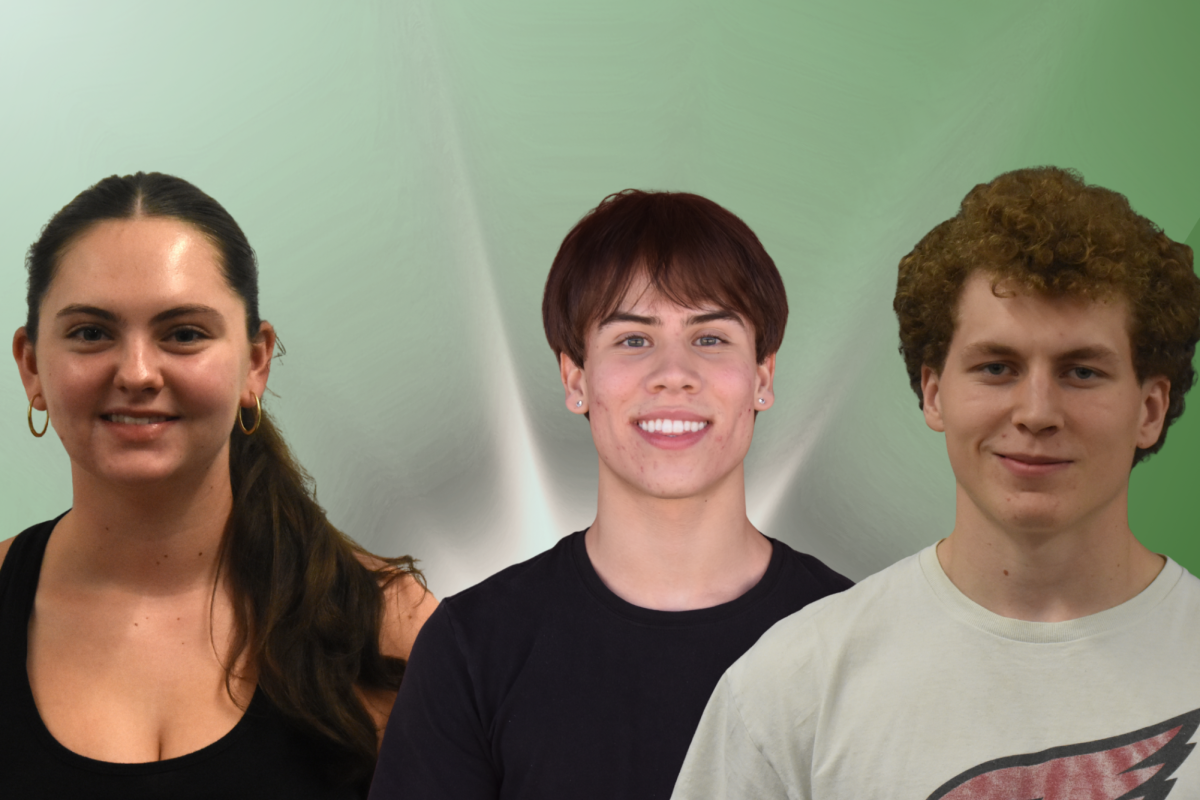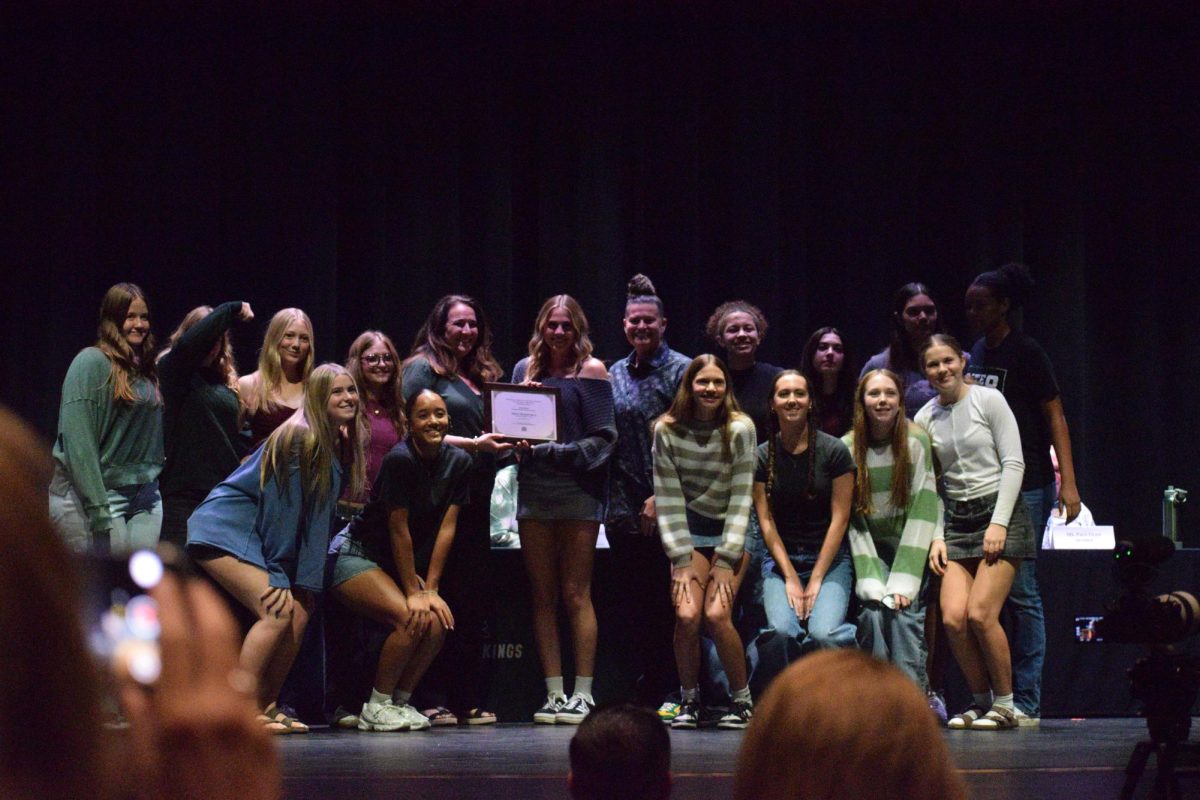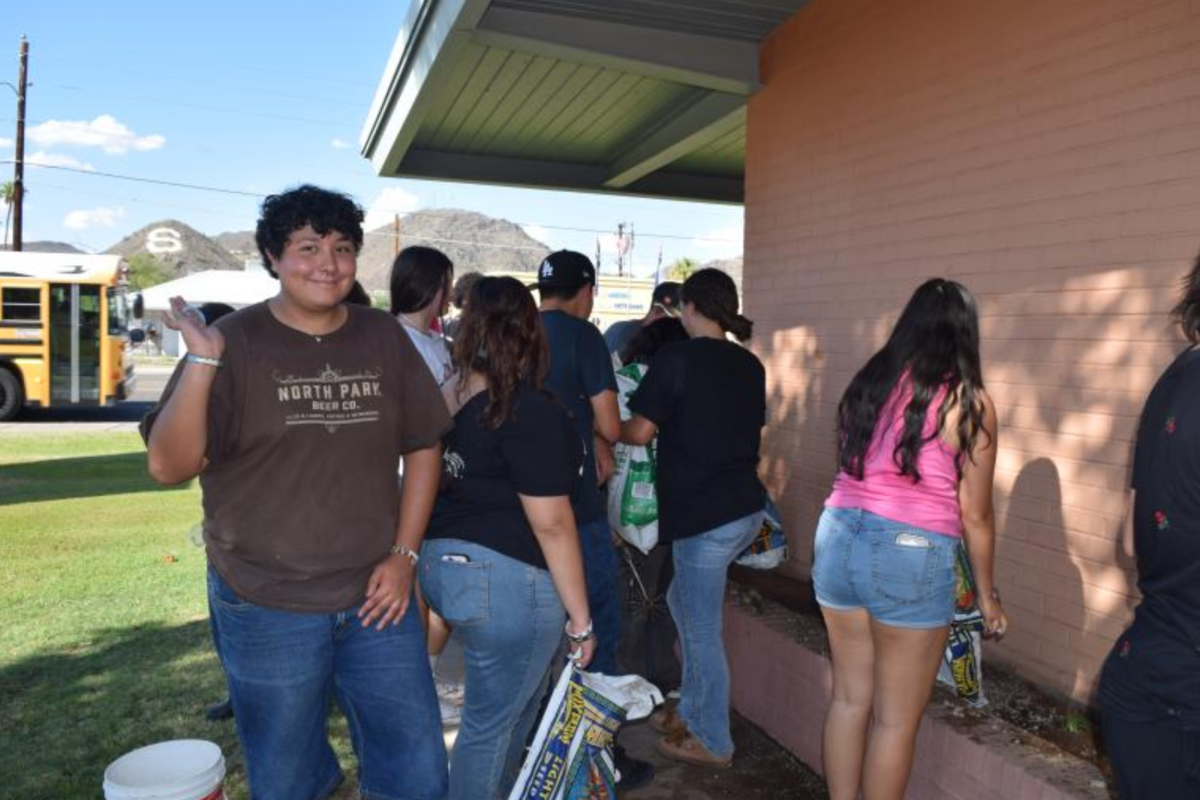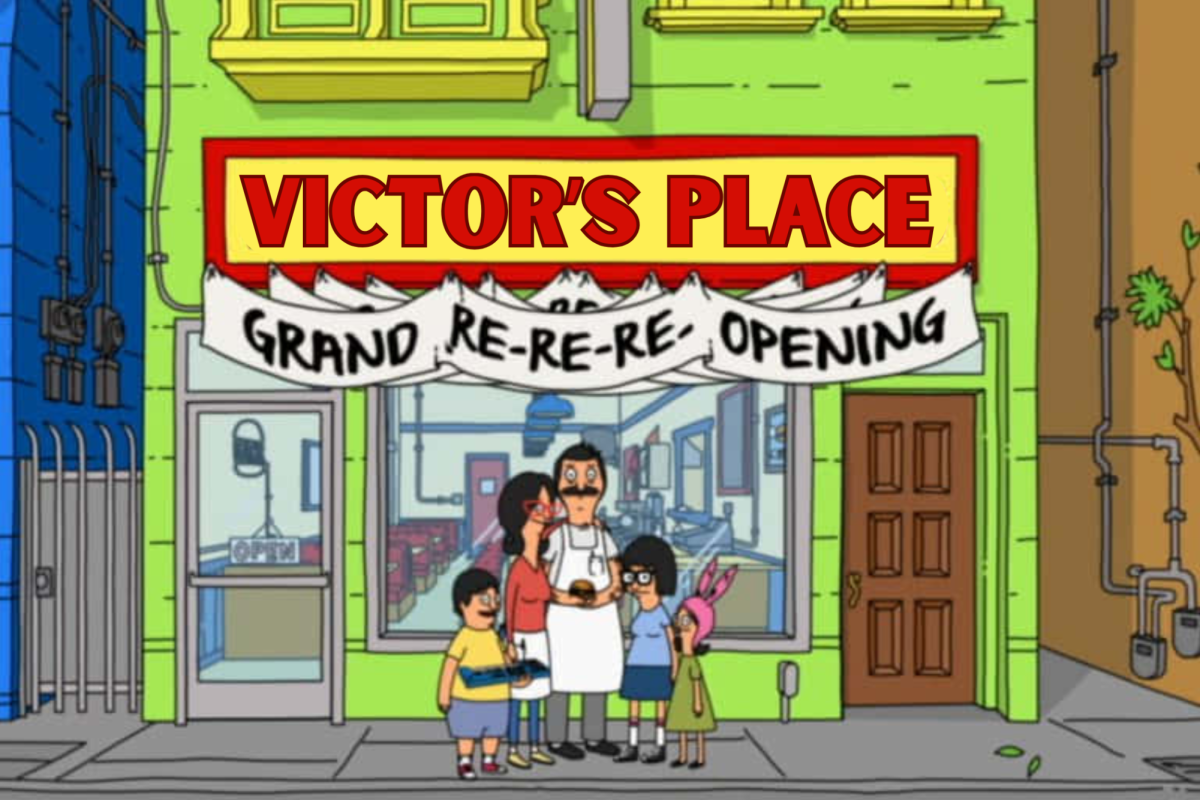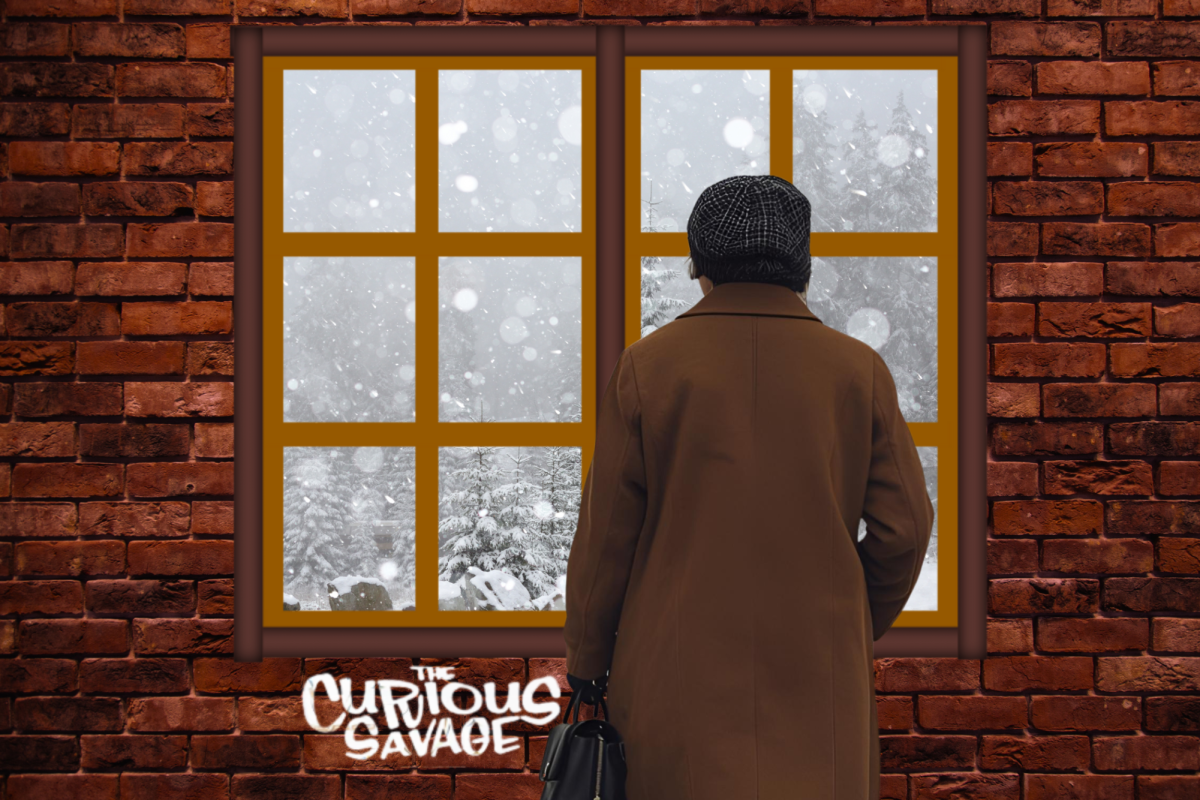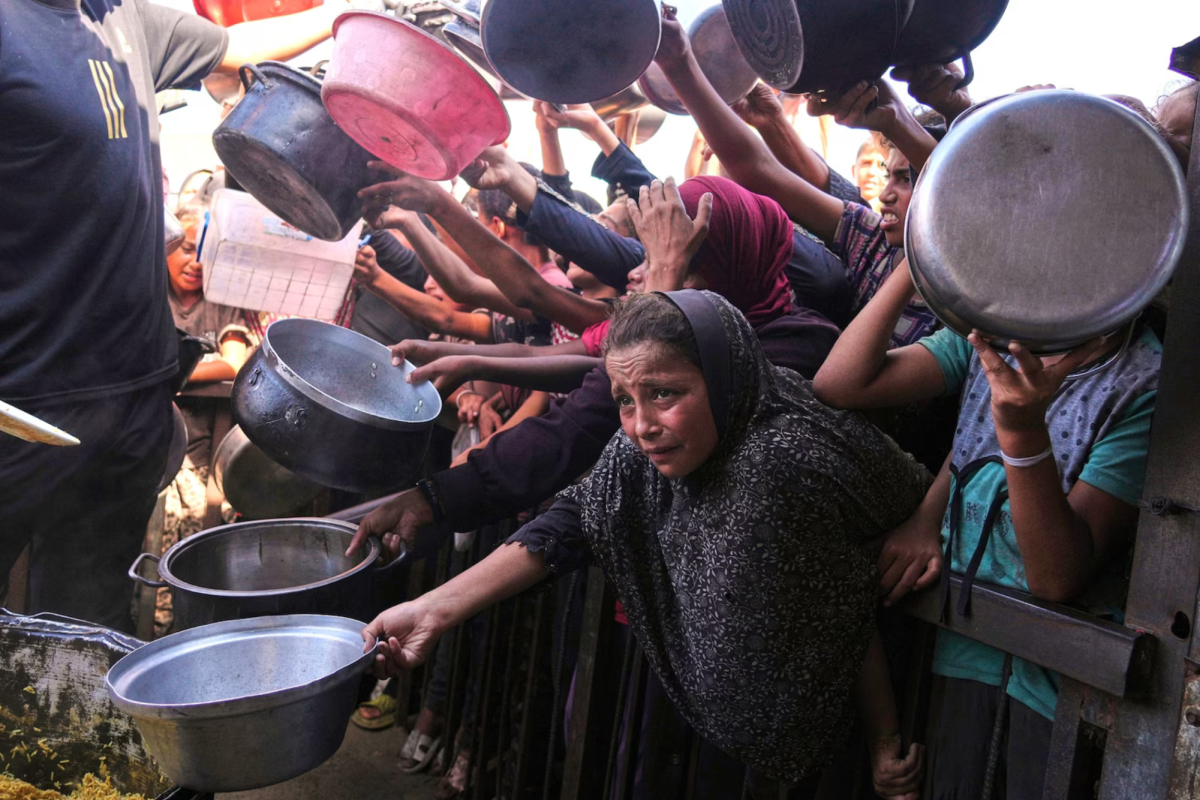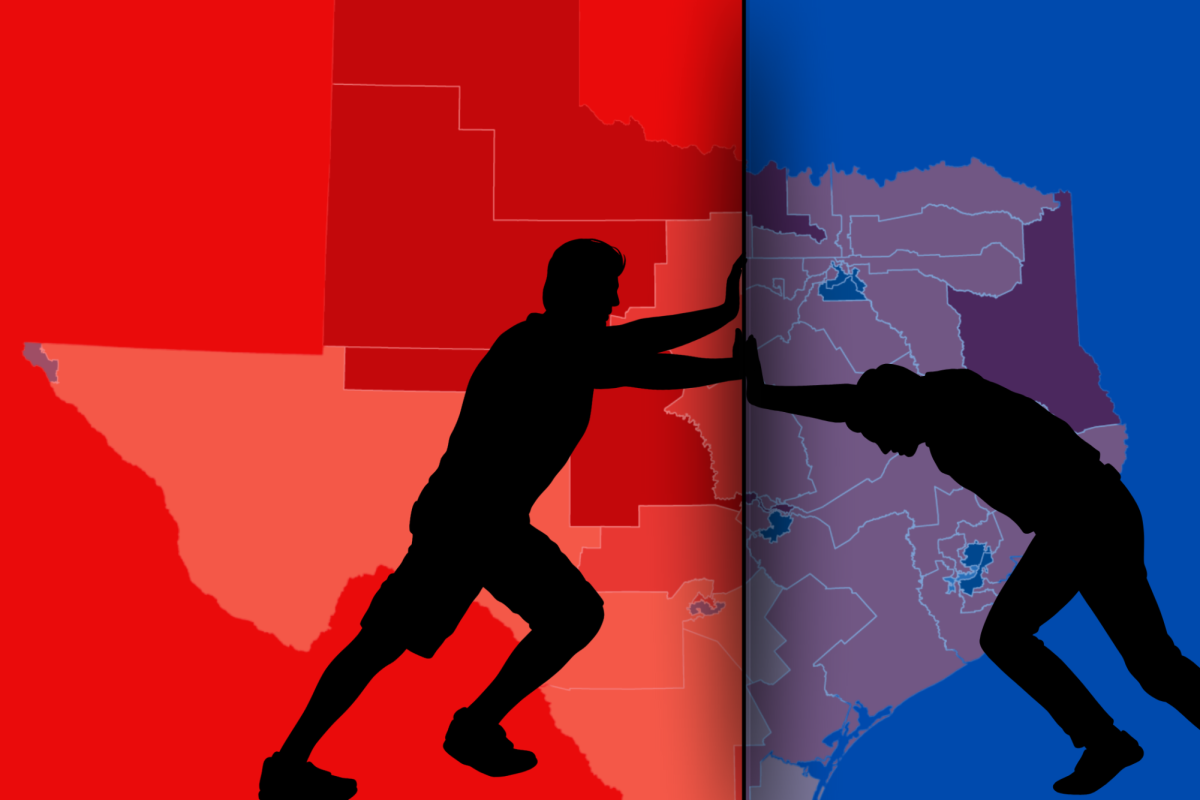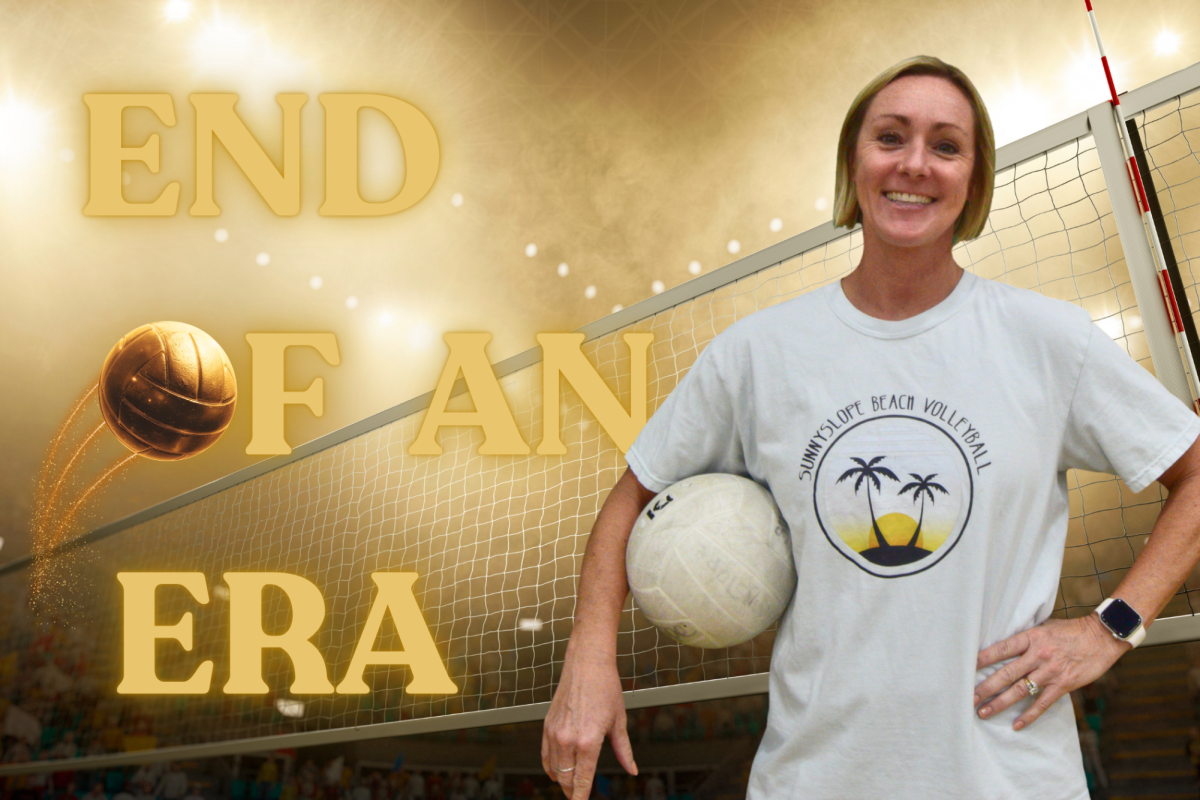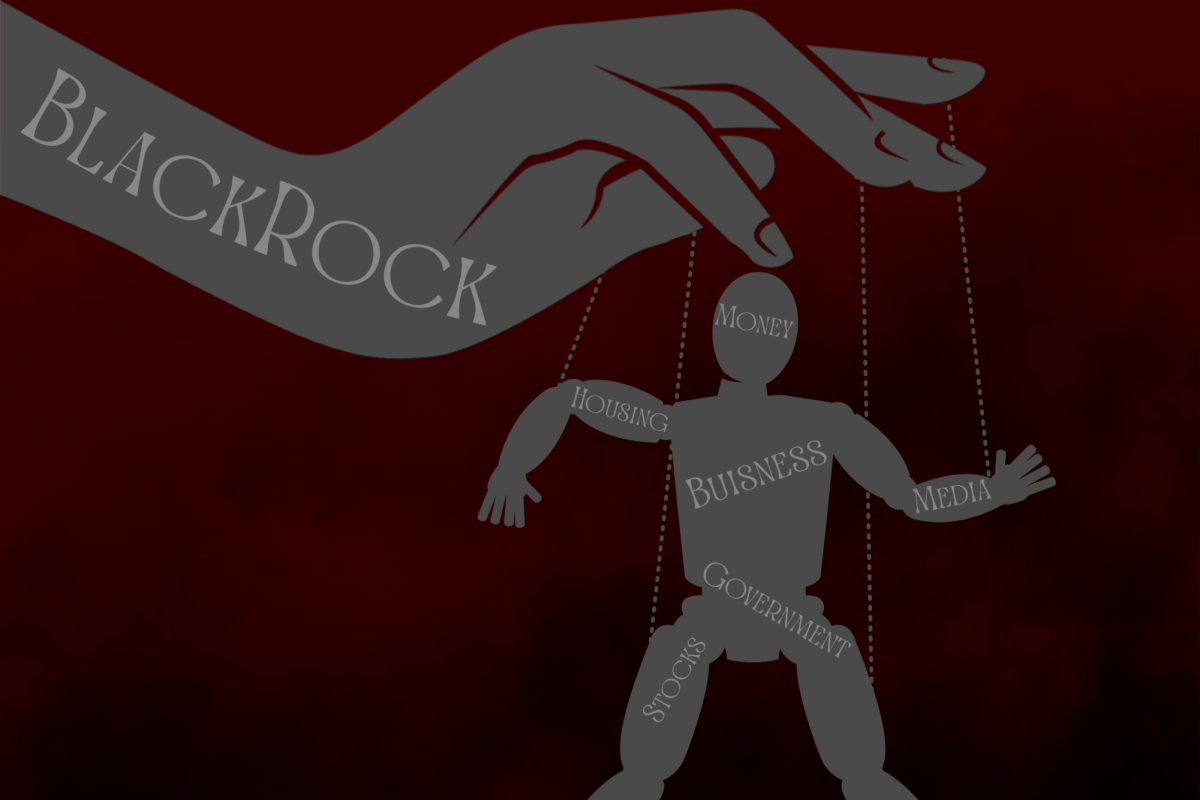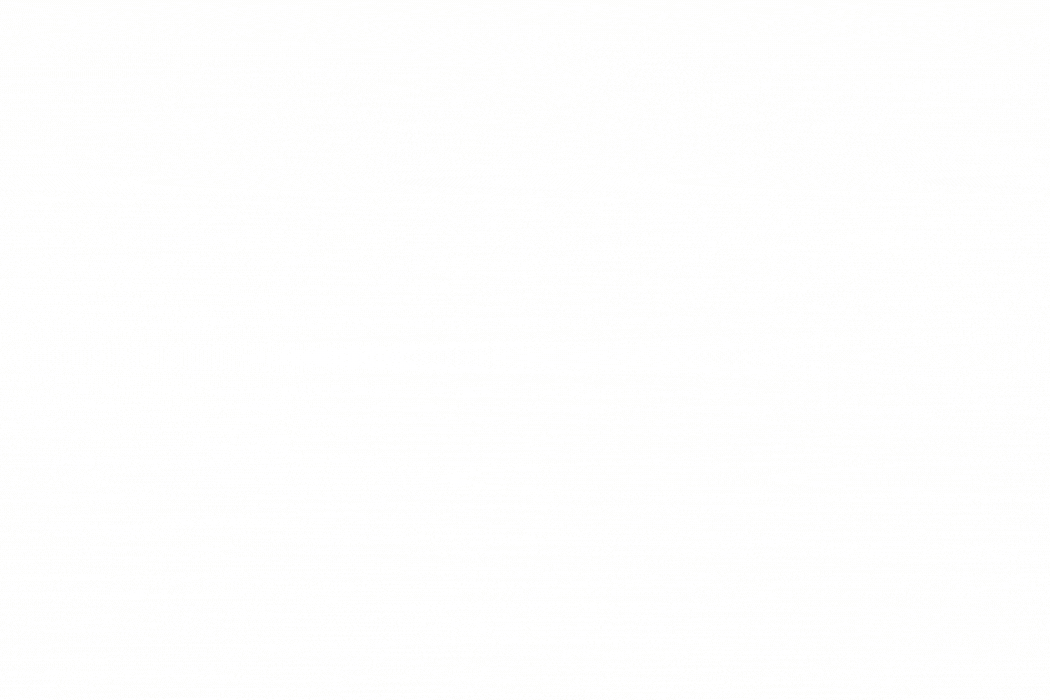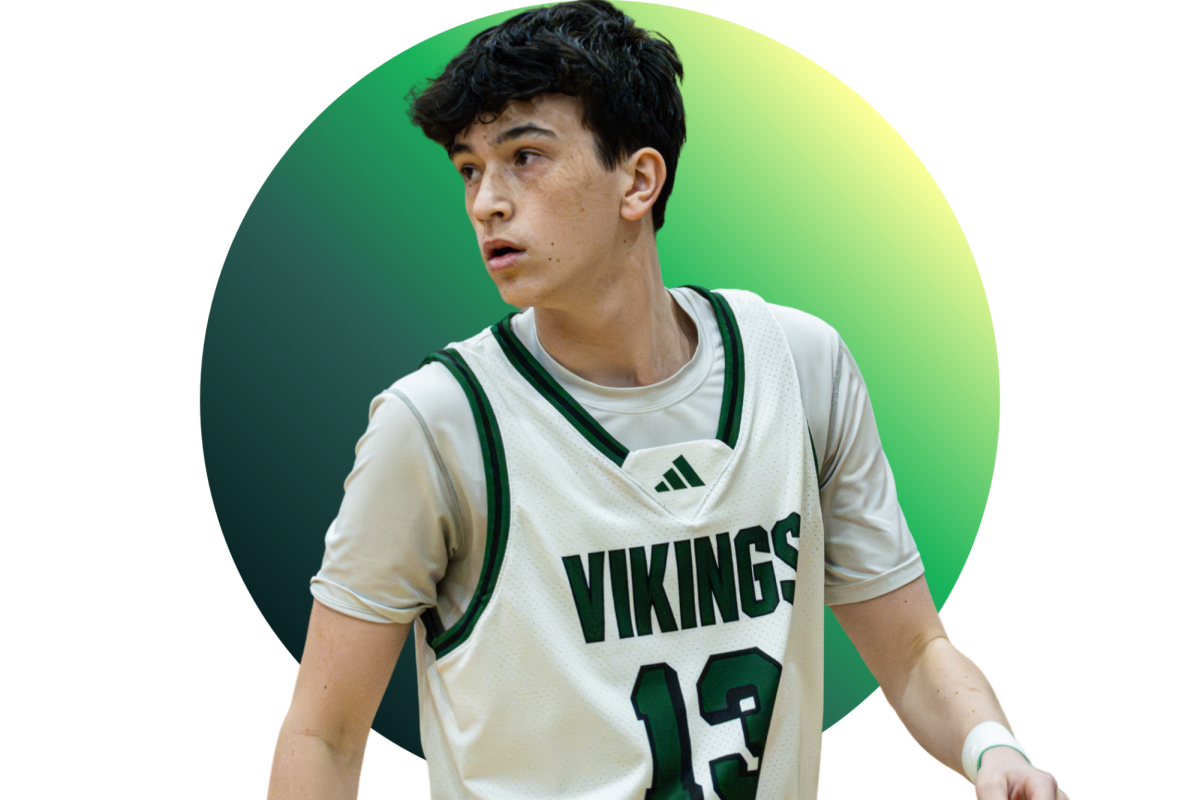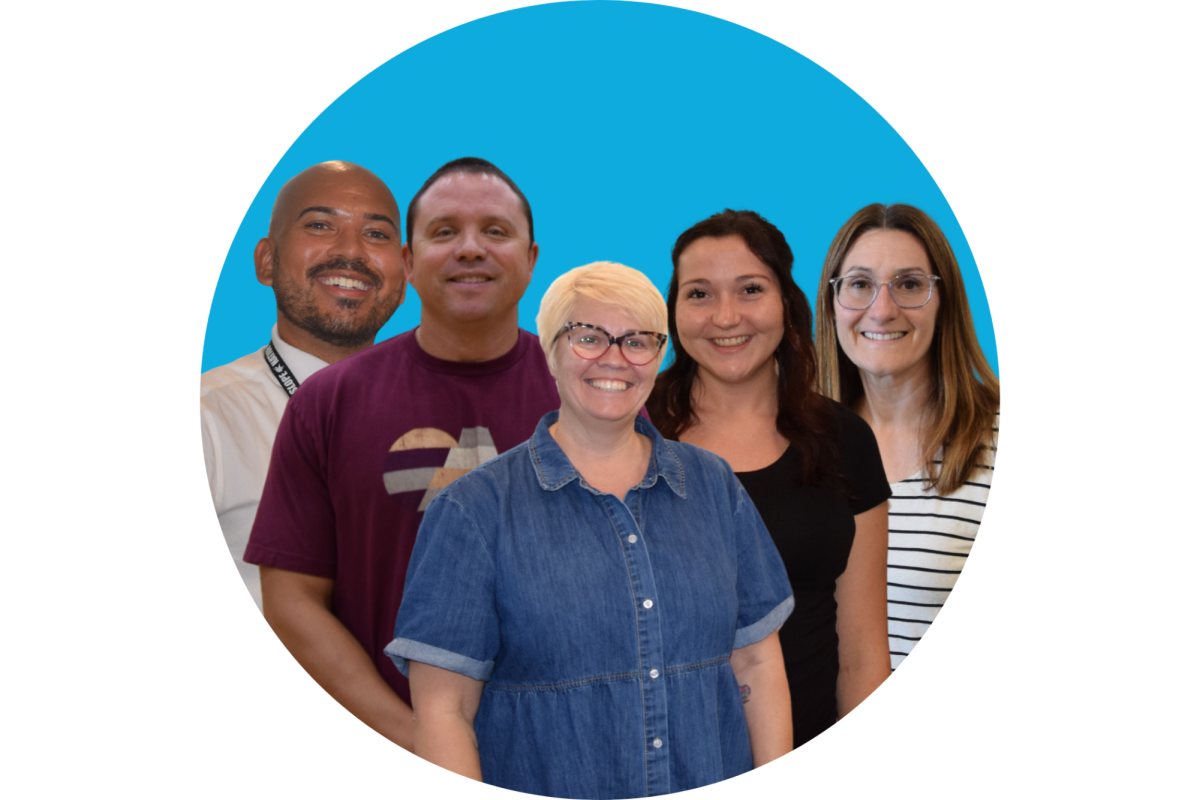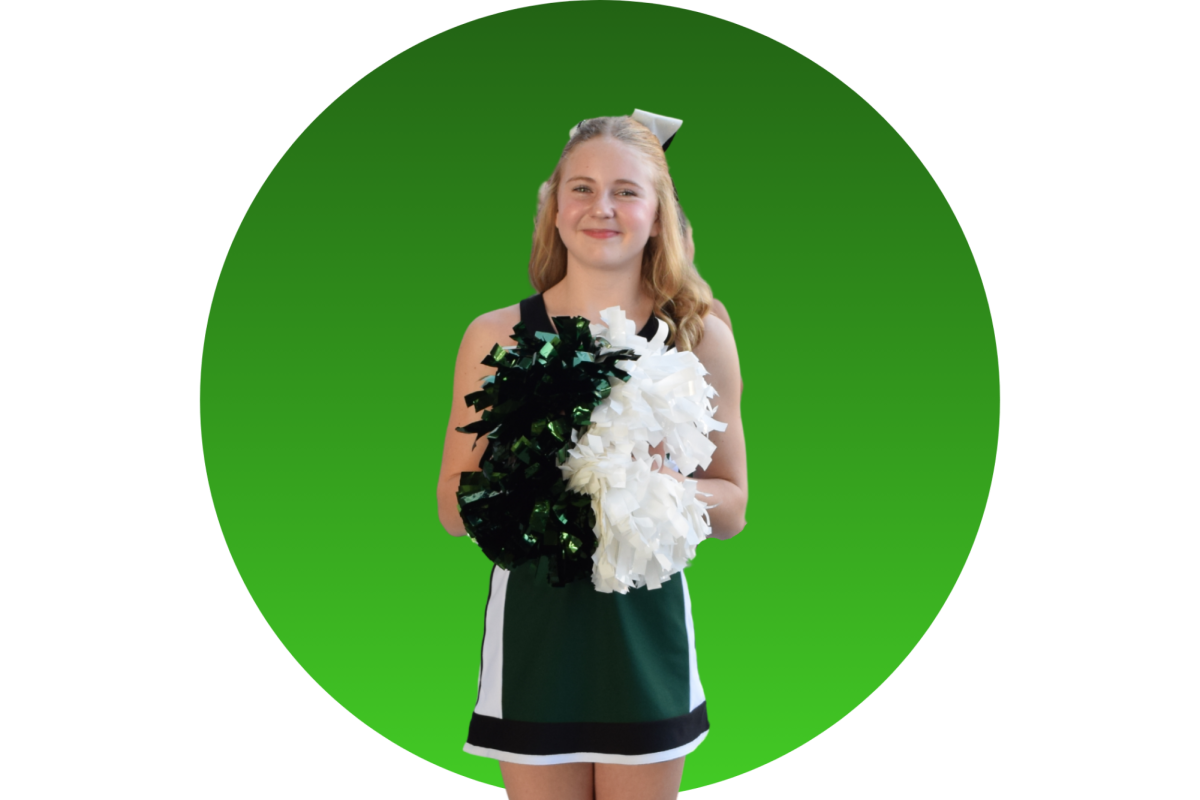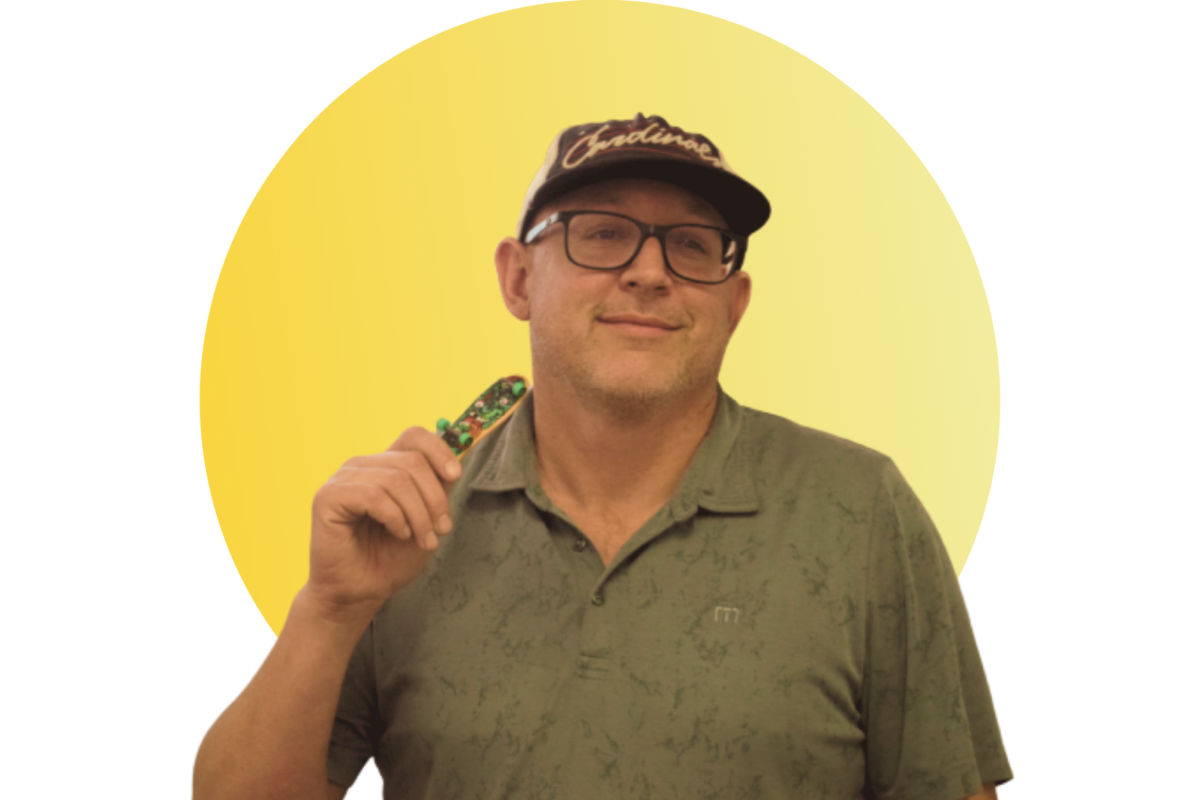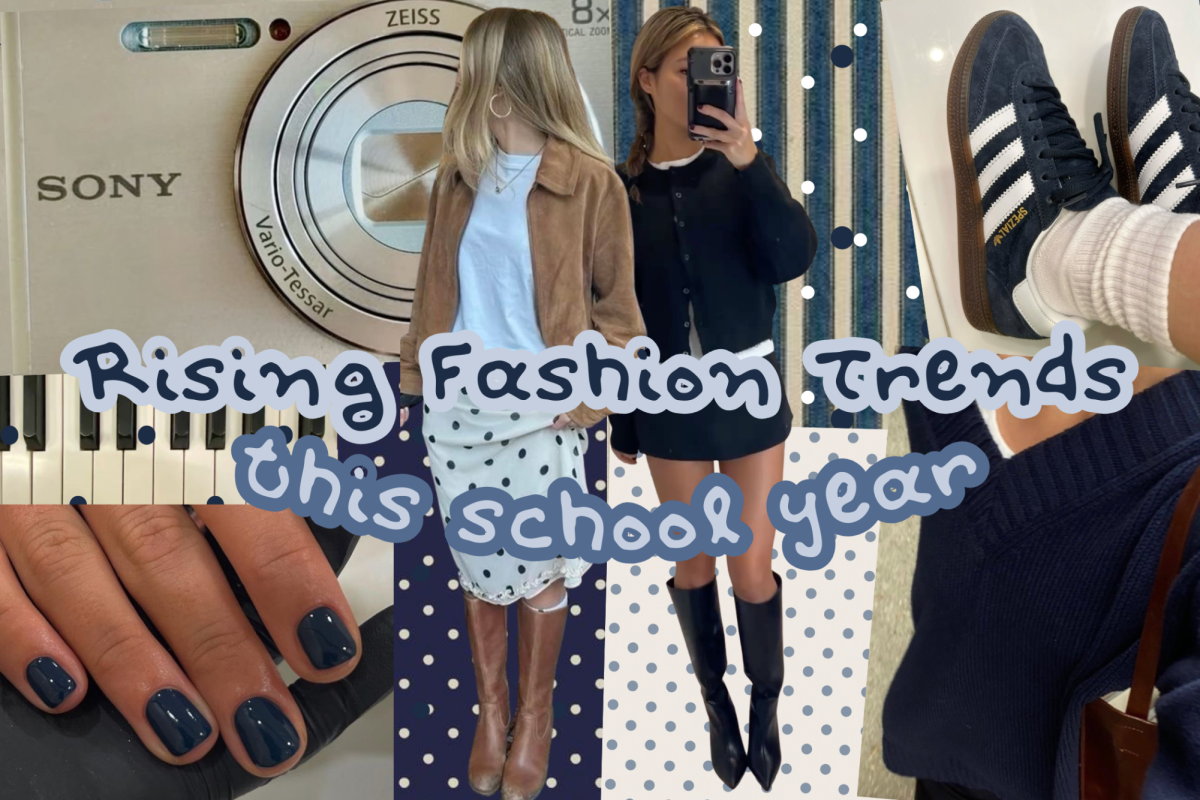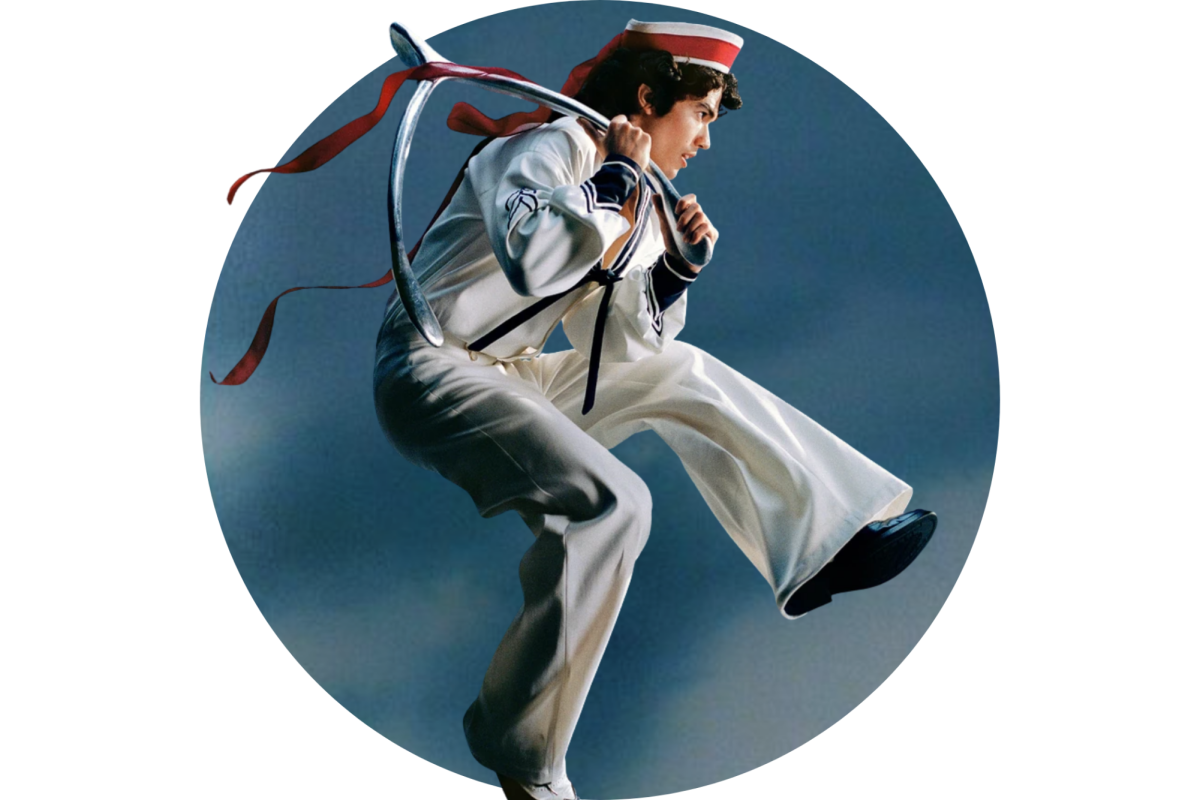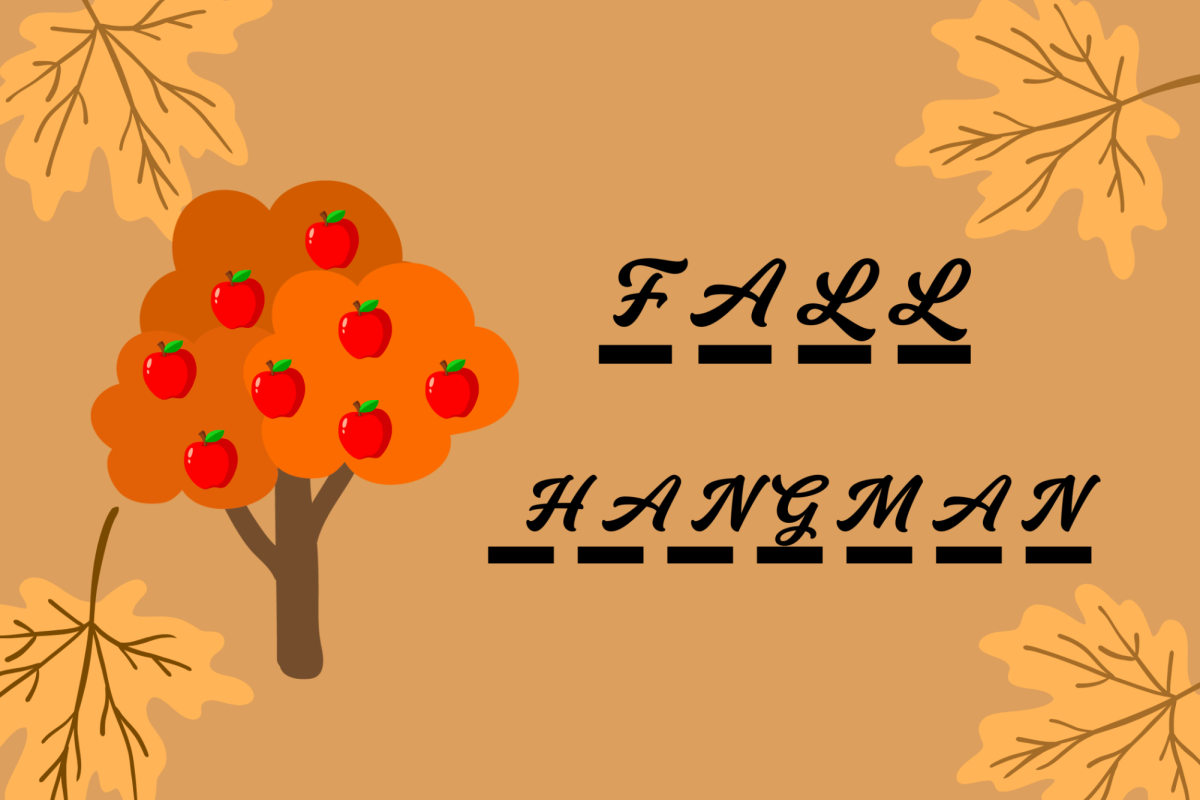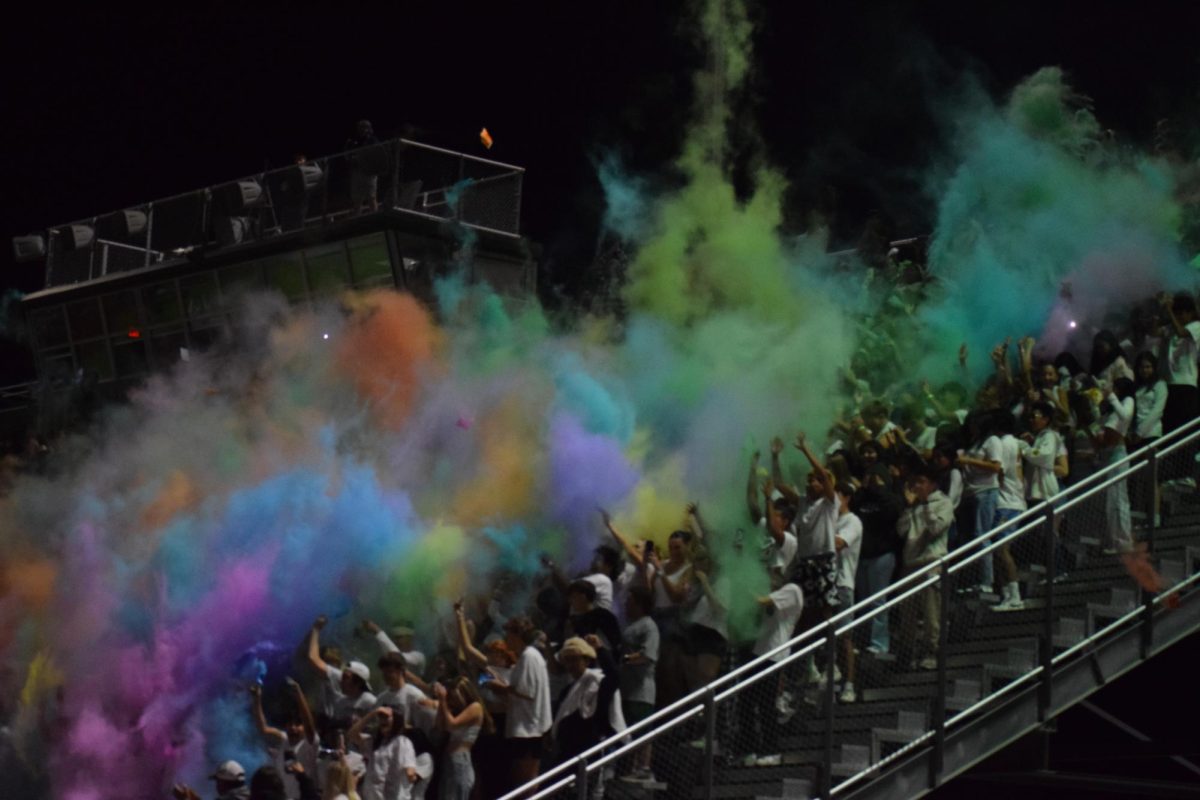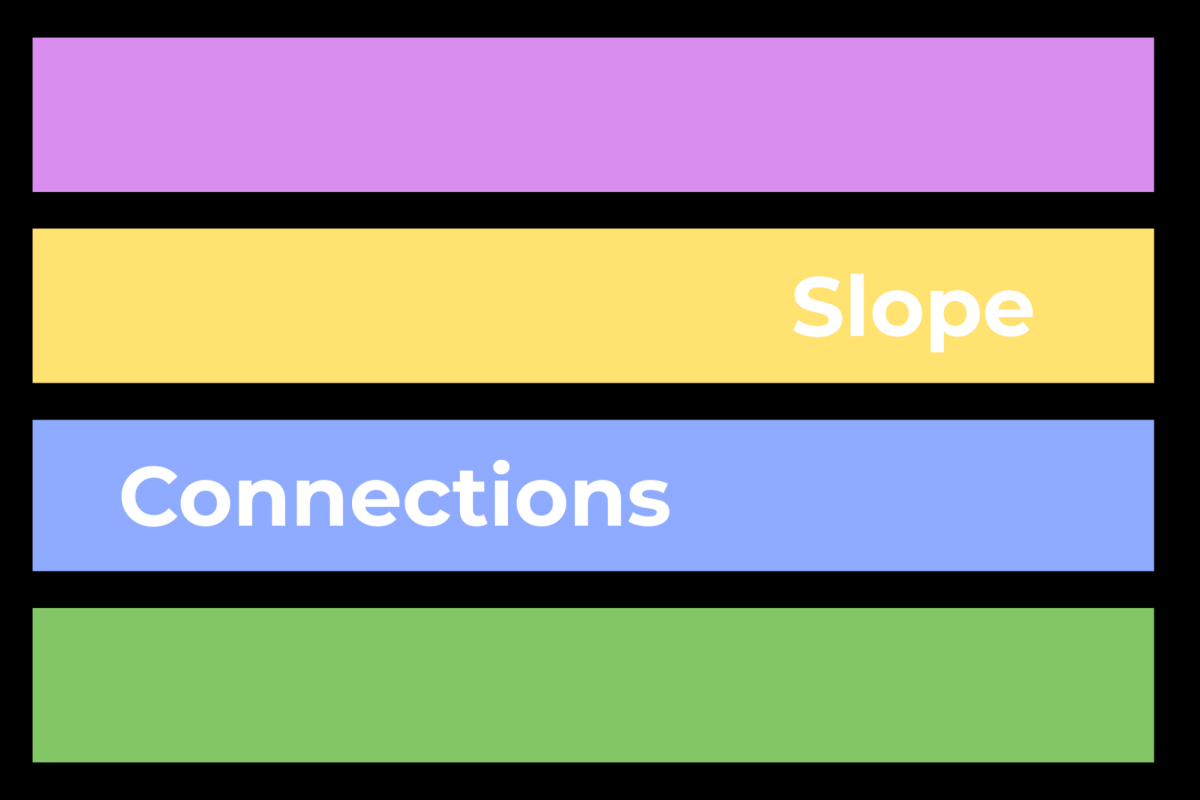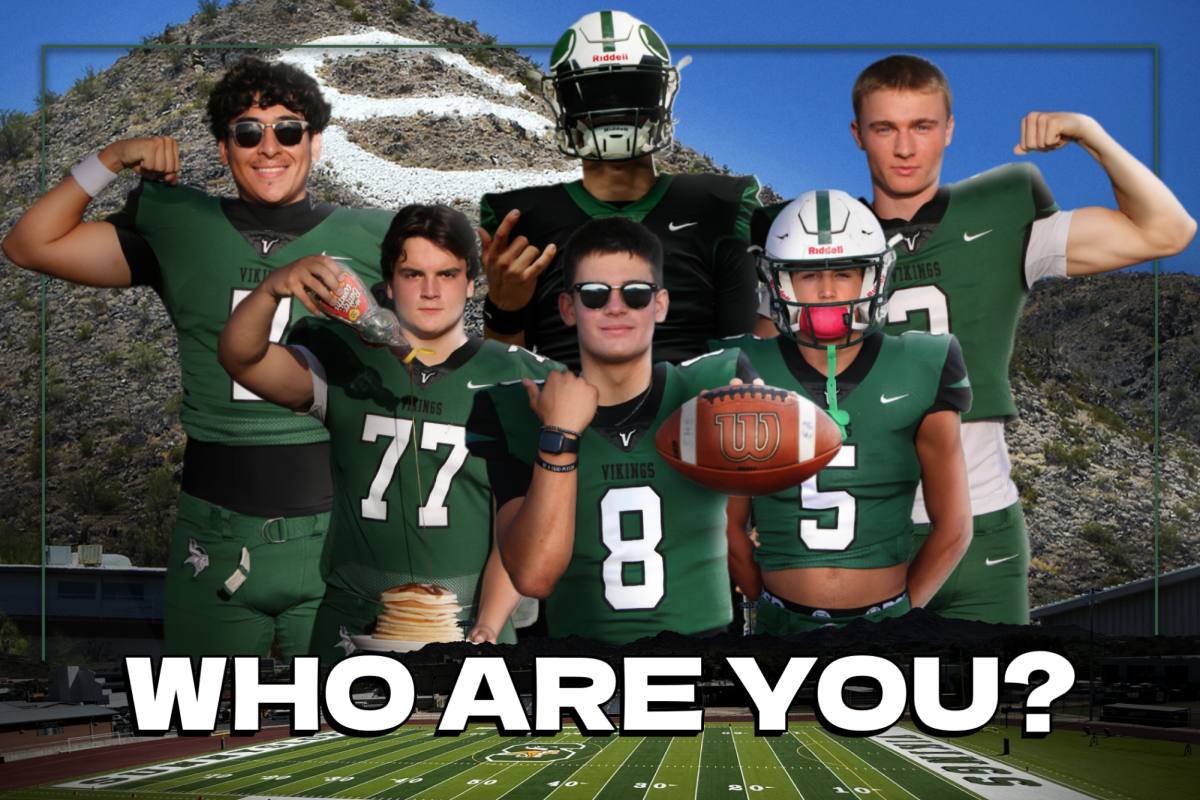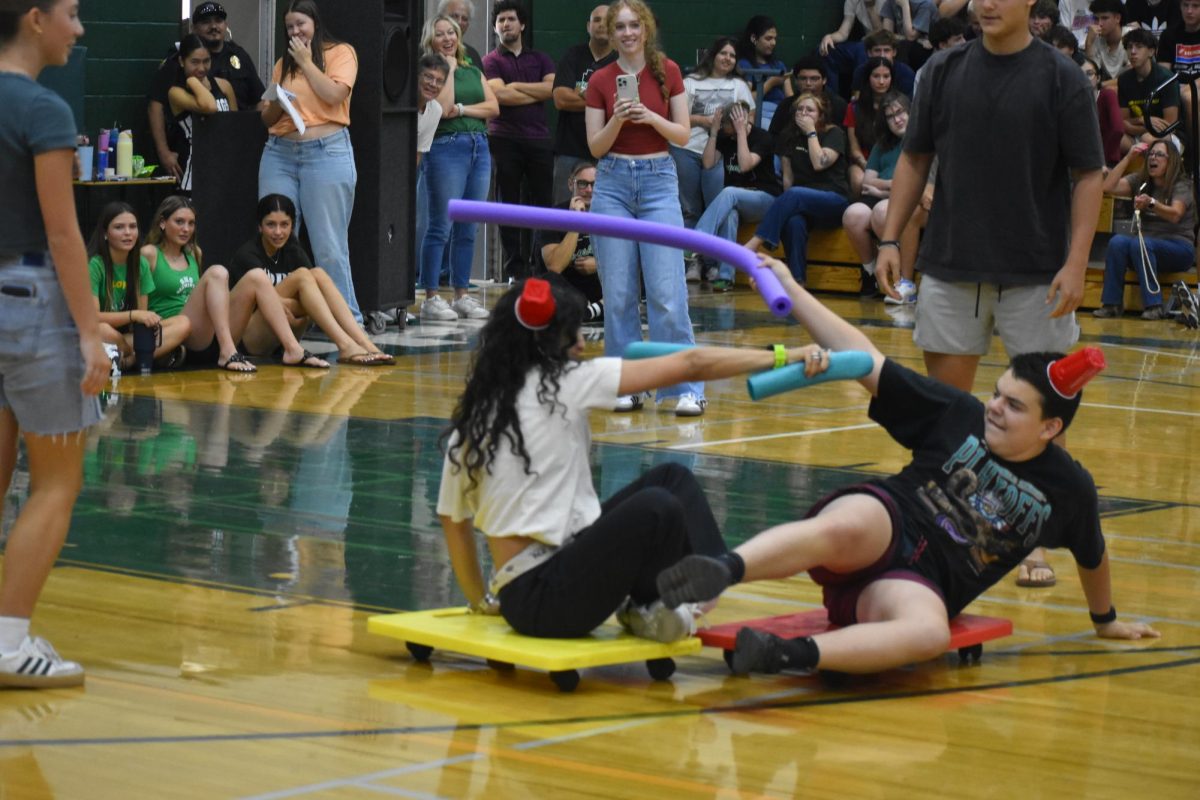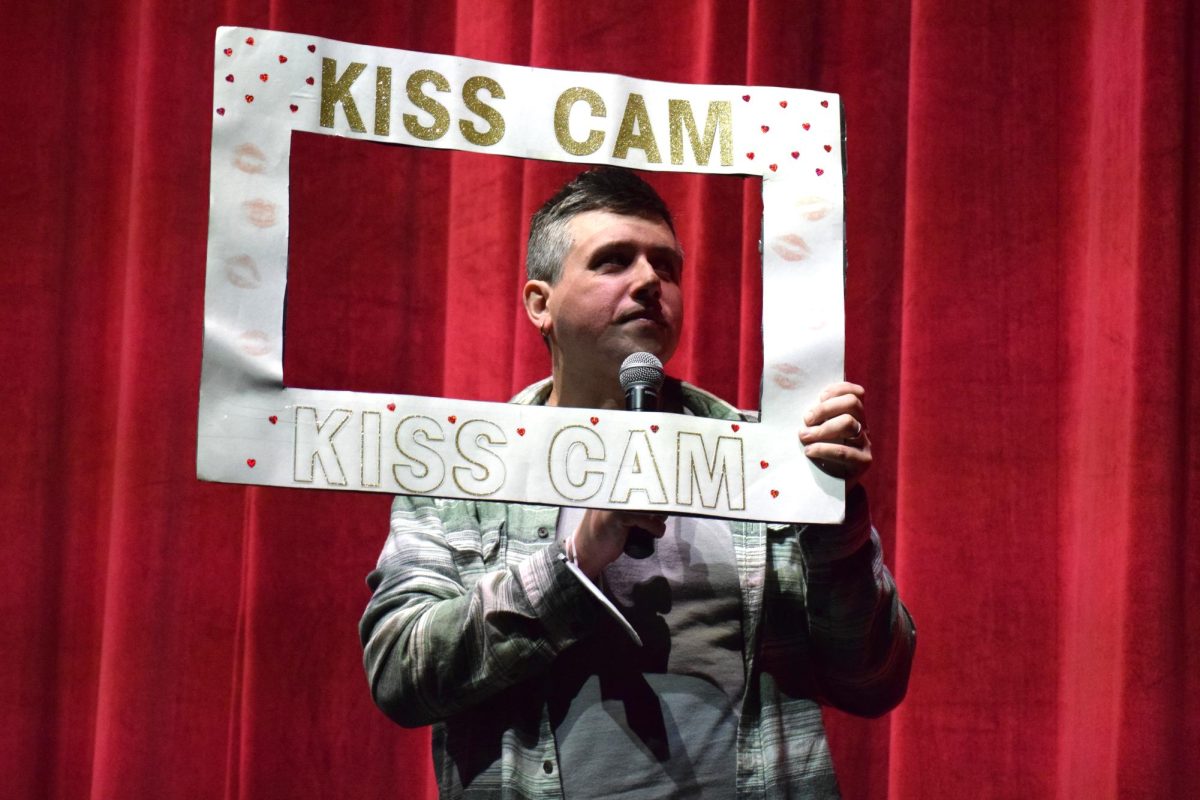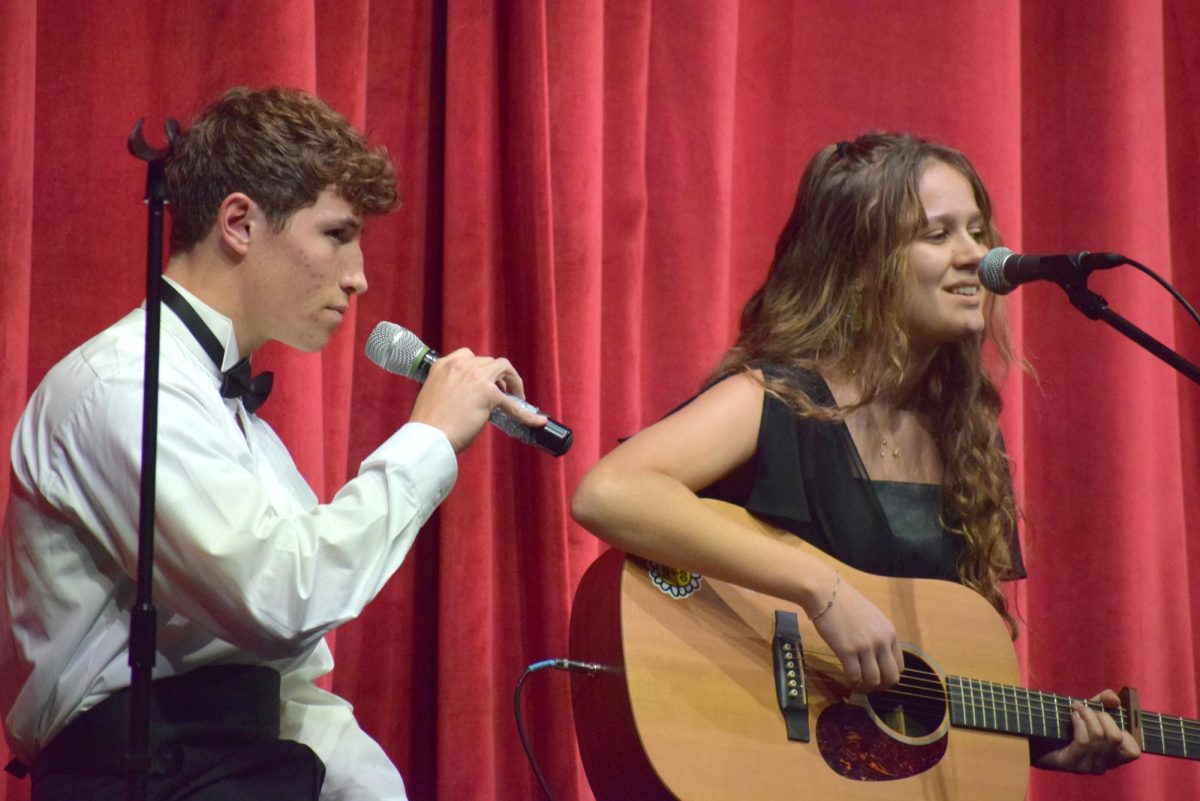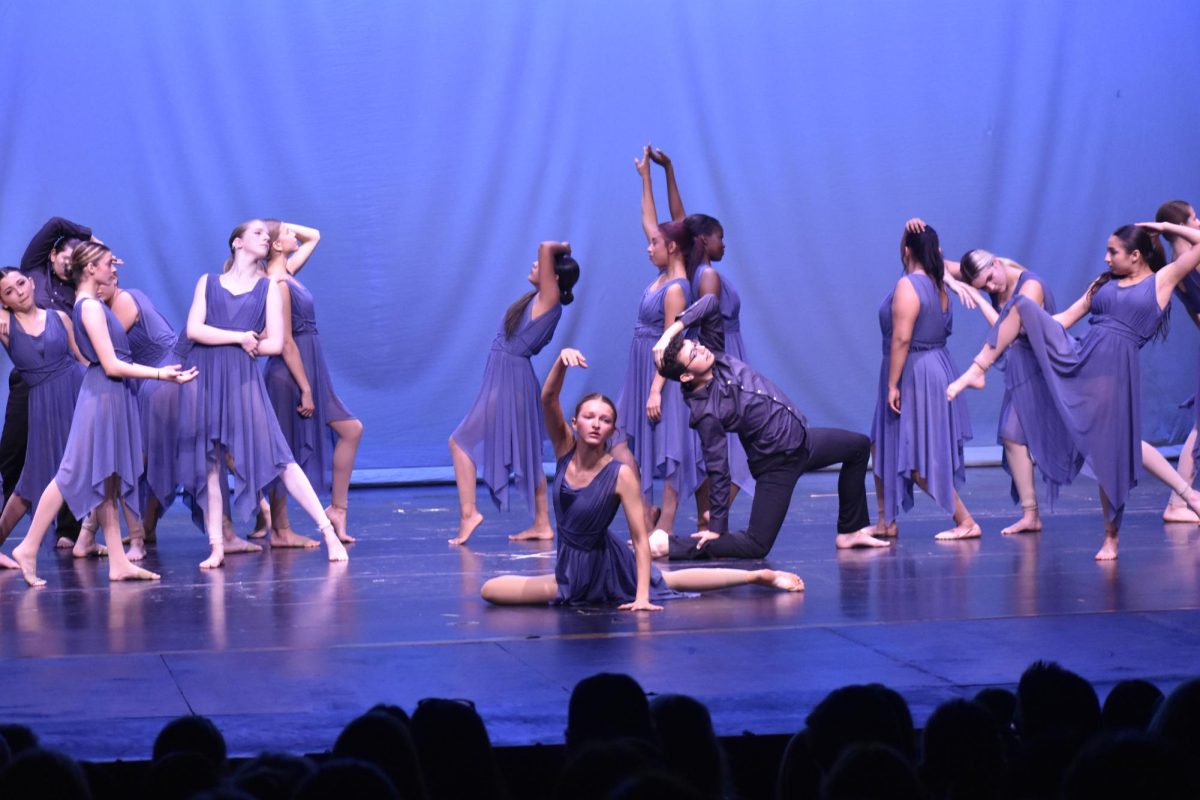If you walk into a random classroom at Sunnyslope High School, there’s a large chance you’ll walk into a room of bleak silence.
30 bright, young kids, staring silently forward as if they were stone.
It’s a normalcy that must be realized as a chilling scene.
Classrooms are meant to foster academic and social skills, and a classroom full of unresponsive kids in the face of quality educators should raise concern and discomfort to anyone involved with public education.
Students show consistent low efficacy in class discussions and are lacking in some areas of academia as a whole.
Teachers can confirm the uncanny state of the classrooms and the concern it causes them.
Physics Teacher Madeline Klein said “It feels like I’m just talking to a void…I don’t even think [the students] are hearing me. Some kids are, but a lot of kids aren’t, so it’s just a weird experience.”
However, it’s not just a lack of verbal engagement.
A noticeable amount of students are failing to complete their material and keep up with grades as well. They are showing a disinterest in academics altogether.
“[In previous years], there were more kids that were going to do what they needed to do to get an A. This year, there’s way more kids who are going to do what they need to do to barely pass,” said Math Teacher Cameron Licht.
Furthermore, kids are evading the assignments they are completing by violating academic honesty with the use of AI, a technological superweapon that is at everyone’s fingertips on our smartphones.
Klein has had numerous run-ins with her students using AI.
In fact, I witnessed Klein reprimanding a student who attempted to cheat using AI in her classroom during our interview.
“Relying heavily on AI means that you’re not going to retain that knowledge, [and] it’s also just going to be that you’re not even going to know when you’re wrong,” said Klein.
Common place distractions like phones have been repeatedly proven as an obstacle for educators to get through to kids, and the students know it too.
“[Covid and technology have] definitely affected my ability to focus in class. I have a bad attention span now, and that’s from being online,” said Senior Jack Tatham.
Now, this pattern is evidently apparent to educators.
So, what else have students been noticing?
Seeing a teacher struggle in a room full of able students can make one feel helpless.
Senior Caden LaFleur spoke about the awkward halt of a silent classroom when “you want to be able to give your teacher the best effort that they’re giving you, and you want to share the same level of respect.”
Furthermore, this uncomfortable environment even fosters friction between classmates.
“I feel a sense of frustration with my classmates. Those who don’t speak at all, I mean, I kind of see it as your duty. If you’re in a classroom, you should definitely be participating,” said Tatham.
So, no one at Slope is willing to defend the behavior being shown in the classroom.
We know there’s a problem, but what is the problem exactly?
One explanation could be a behavioral fall out from the pandemic and remote learning.
“There’s a level of [social] disconnect that a lot of kids struggled with going into highschool, and they just never regained those skills of communication,” said LaFleur.
Past the social regression caused by the 2020 Quarantine, individual academic practice has suffered even more.
“There’s way more kids now that if I said, ‘what does it mean to study?’ would not have a real answer,” said Licht.
Perhaps, the steep decline of youth mental health has something to do with their unwilling attitude.
“That’s a lot of anxiety [students are] feeling everyday, and we obviously don’t have the resources to take care of that. Especially in public school, we have 300 kids and one social worker,” said Klein.
It could be that judgement and self-deprecation affects students’ comfortability to speak up in class.
After all, breaking the silence amongst a group of quiet people can be intimidating.
LaFleur said “A lot of kids don’t like to speak up like other kids because they’re scared of the reaction others will have.”
This fear among students can even be noticed by staff, unfortunately.
“There’s way more self image issues now. Way more issues with kids trying to conform to what they think they’re supposed to do,” said Licht.
English Teacher Leah Clark explained, “we’re often nervous to share ideas with one person, two people, three people, but when we’re asking to share in front of 30 people, that’s a big ask for students.”
Some students see the problem rooted even deeper in the American educational system.
“There’s a nonchalant epidemic, and the school allows kids to fall through the cracks because they need to pass everyone. This sloppy education is going to wreak havoc on everything in America’s future,” said Senior Avery Millis-Wight.
Furthermore, some students think it comes down to individual classes.
“I believe slacking off is a lot due to the teacher. I think it’s the way they’re teaching. The teachers may think it’s what you say, but it’s how you say it,” said Tatham.
Teachers, however, could say the same thing about the class.
Licht said, “It’s a very case by case thing. Different classes are different, like fifth hour versus sixth hour, completely different groups. So, it’s completely different ways that I would approach each class.”
Evidently, the issue is not from one root cause.
In actuality, this behavior is an amalgamation of the unprecedented educational experience that is now underway.
However, all hope is not lost. There are still plenty of students willing to put in the work and plenty of teachers who are still pining for the success of these kids’ lives.
Students encourage their classmates to speak up, in order to create a better environment where everyone feels comfortable in class discussion.
“In a classroom where everyone is participating, it obviously makes it a lot easier to feel like your opinion is just another in the pile,” said LaFleur.
Additionally, teachers will always have their own way of encouraging students.
Klein talked about her labs and how she likes to get students up, moving, and having fun with school.
Klein said “It’s the weird stuff that is just out of the ordinary. Definitely helps with engagement.”
Furthermore, Licht mentioned how he works toward a personal relationship with students, in order to get them invested in his class and feel a greater sense of obligation.
“Some kids are going to do better if I approach something in a different way,” said Licht.
Some teachers such as Clark are certified in “cooperative learning”, a teaching style that is designed to integrate social/emotional learning into classrooms.
When asked about the practice, Clark said, “You’re explicitly teaching social skills, which is really the foundation of civilization, and especially when we came out of the pandemic, kids really lacked a lot of those common social skills.”
Students of slope should realize the power and confidence that can come from academic dedication.
Even basic participation in class will make the biggest difference to your understanding of a subject.
So Vikings, the next time there’s an awkward silence in class, take advantage of the opportunity you receive as a student here and speak up.
For you, for your teacher, for your classmates, and for your future.
Speak up.

